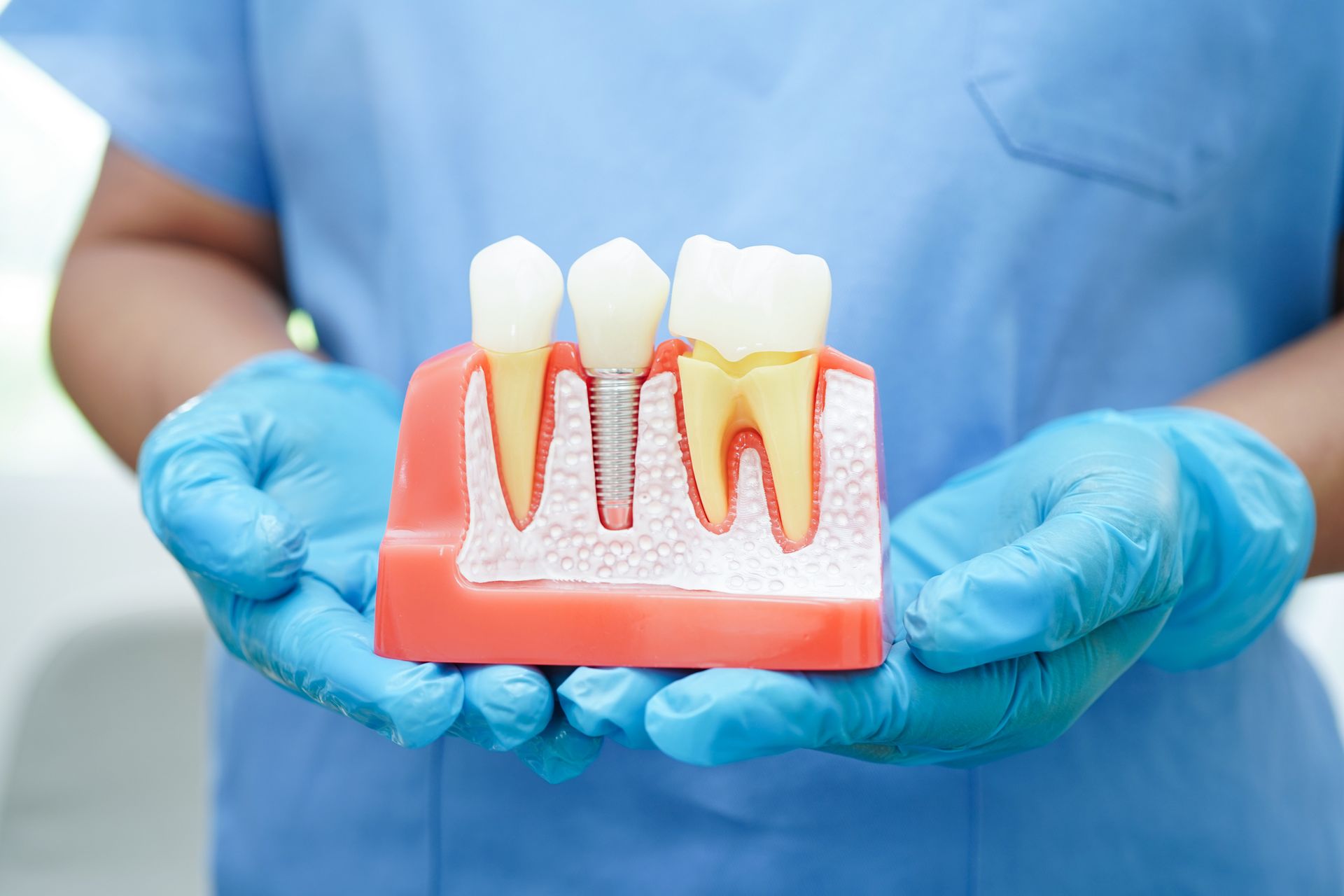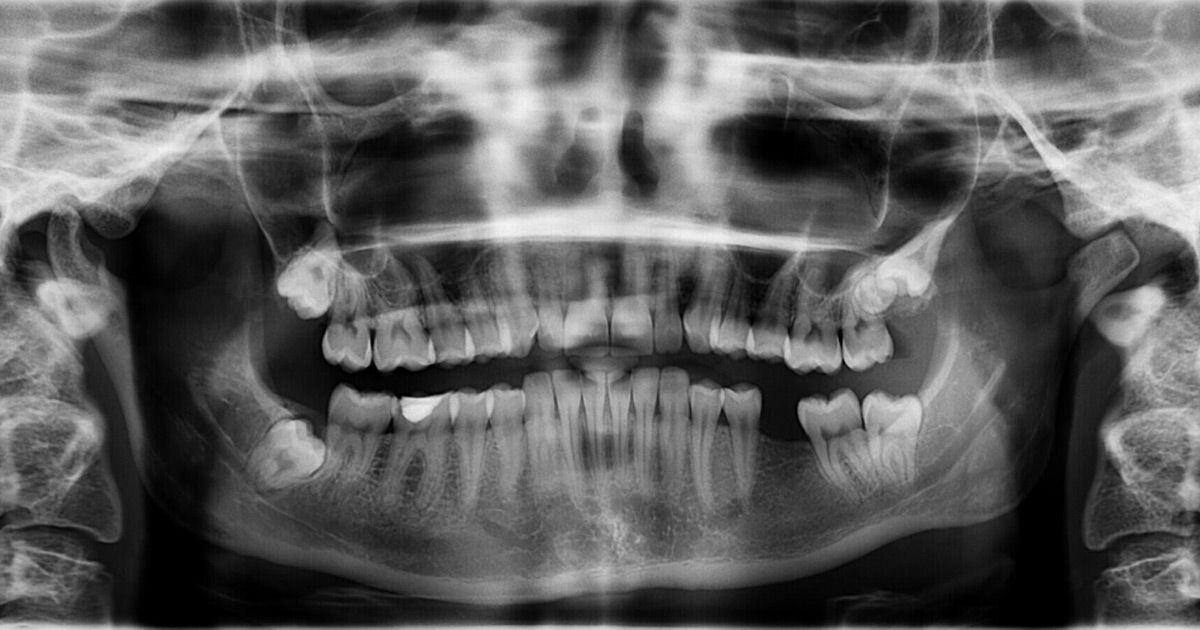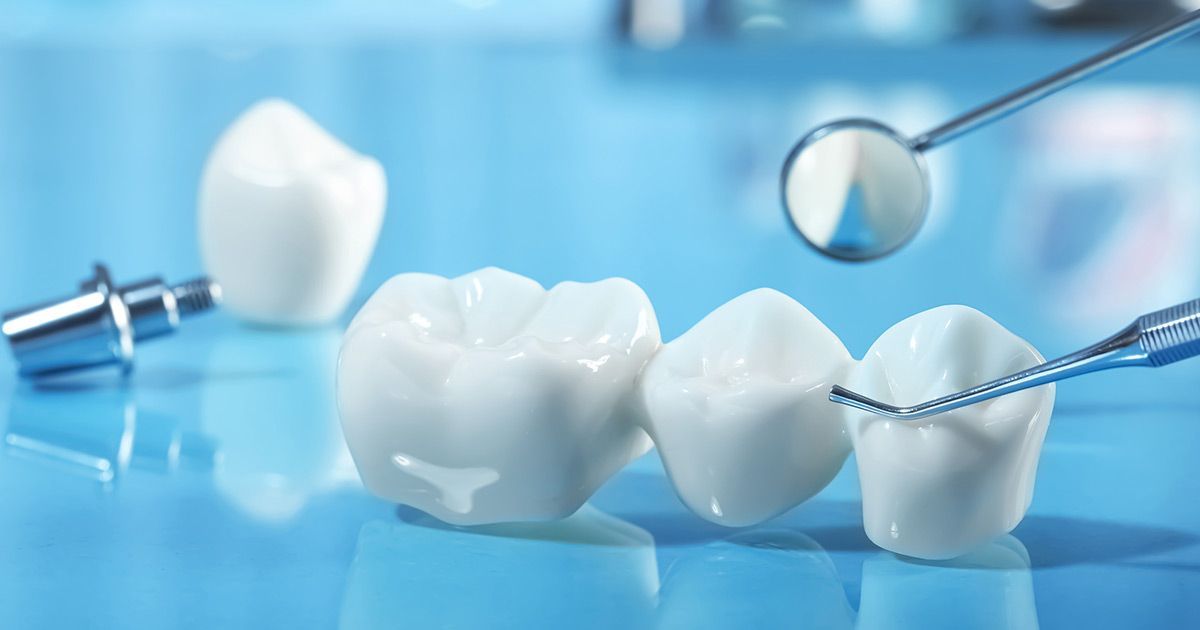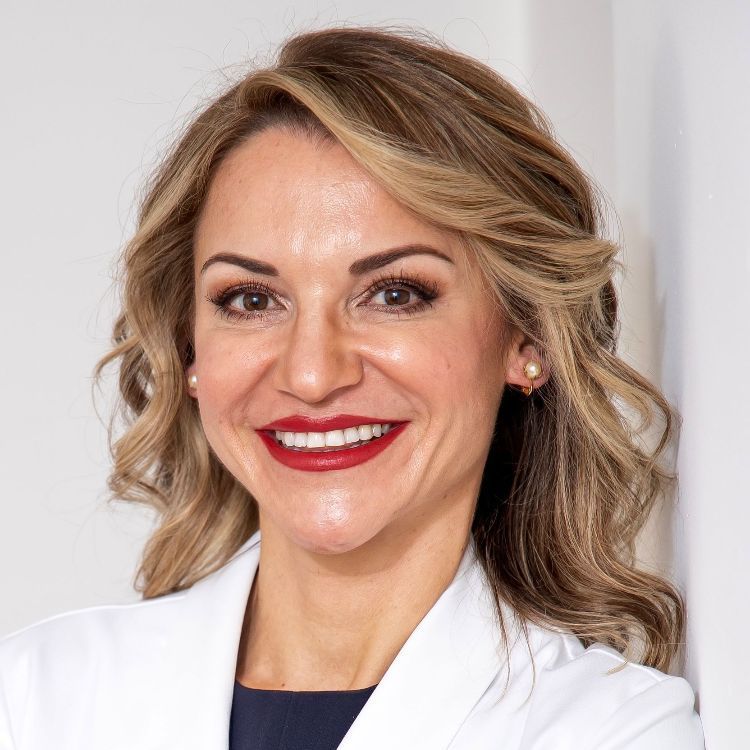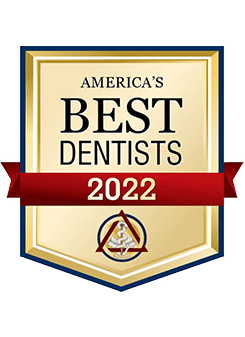Your baby's teeth will not be visible at birth. But believe it or not, they already exist beneath the gums. Children's primary teeth begin forming at about the sixth week of pregnancy, and start mineralizing — building the bonelike inner tooth layer (called dentin) and the super-hard enamel layer that covers it — around the third or fourth month of pregnancy. So if you're pregnant, it's not too early to start thinking about how to make sure your child's teeth are as healthy as possible!
Like everything else having to do with your baby's physical development before birth, much depends on how well you take care of yourself. Developing teeth need certain nutrients to grow properly; if you don't get them through your diet, your baby won't receive them either. Likewise, you'll have to watch your intake of substances that could harm your teeth in utero, such as certain antibiotics. Here's a brief summary of what to seek and what to avoid.


